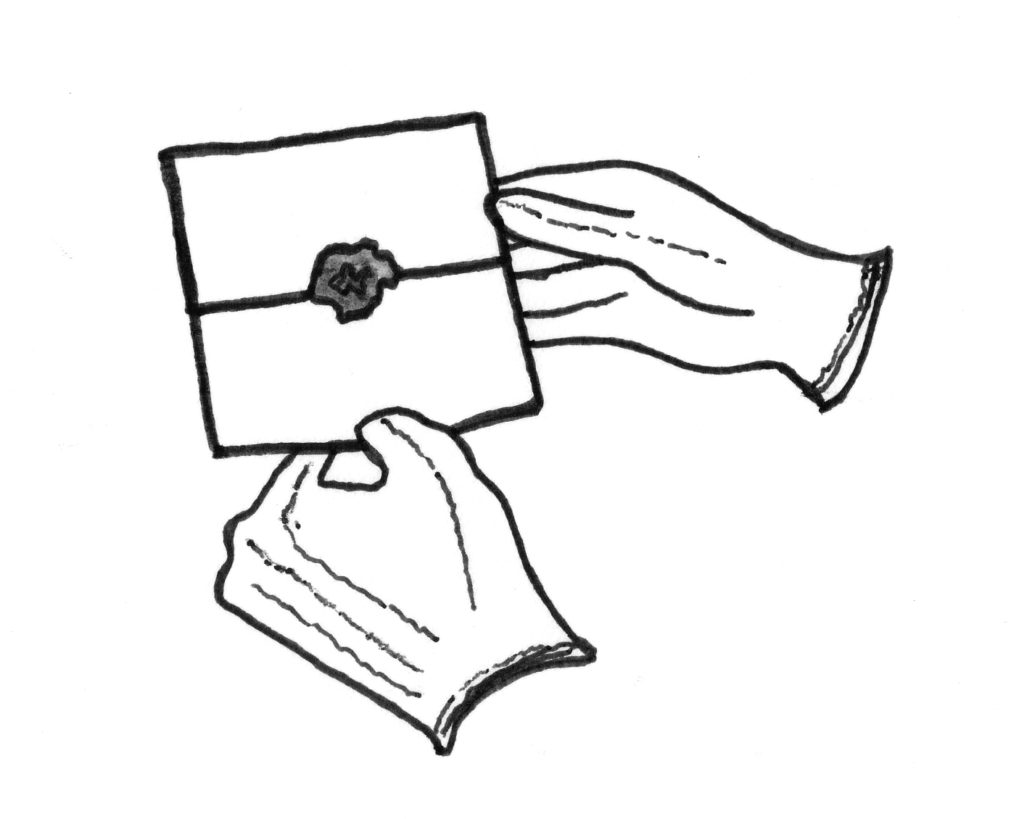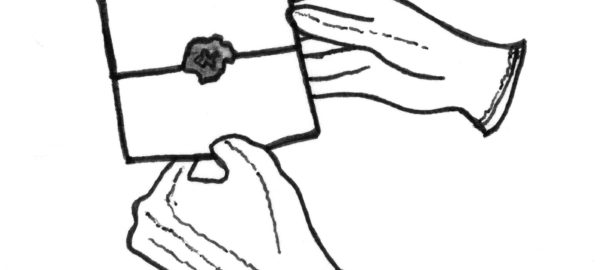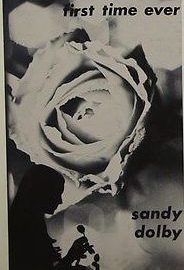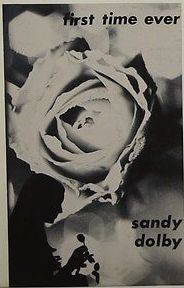
Characters in The Handel Letters
The Handel Letters: A Biographical Conversation is a different sort of biography, one that makes use of a fictional set of characters from our own time to examine the life and musical career of the composer George Frideric Handel. This work presents Handel’s life through a series of letters and through an ongoing dialogue among a dozen fictional characters who meet to discuss those letters in a seminar set in twenty-first century Bloomington, Indiana. While one obvious objective is to share some of the information about Handel’s life, a second objective is to consider various themes or issues that arise from this discussion of his life and times. These themes range from such topics as education, gender differences, religion, careers and financial success, to such problematic or controversial topics as us versus them, abortion, charity and social services, the treatment of women, marriage and friendship, death and poor health. The seminar invites the fictional characters to find resonances between the themes and issues of Handel’s day and those we face today. While readers learn to know the various characters in the book through the discussions, I include a list of names and some general information about these characters below with the hope that this list will be helpful to readers.
Contemporary story characters (all fictional):
Forella Wainwright, 90, a wealthy widow who has recently moved to Bloomington, suffers from macular degeneration, underwrites and convenes the seminar
Ross Wainwright, 68, documentary filmmaker, travels frequently, divorced, lives in Indianapolis, son of Forella, interested in cultural settings and influences
Katherine Baker, 57, professor, folklorist, divorced, interested in creativity, tradition, and the philosophy and practice of teaching
Peter Rowe, 57, museum staff, works in Indianapolis, divorced, interested in psychology, history, and the preservation of artifacts
Brad Hochensmith, 65, self-made business man, owns and works at a music store, Jewish, separated, interested in professional success, public sphere
Clara Sperry, 51, physicist, professor, researcher, not married but in a relationship, interested in science and philosophy, plays cello in BSO
Rayette LaRose, 62, free-lance analyst, sings in church choir, writes poetry, African-American, married, interested in literature and the arts
CD Jennings, 65, choral director, music professor, gay, married, interested in social relationships in historical settings
Alison Swift, 58, choir director and singer, married, interested in the history of musical performance
Wait Thompson, 62, jazz venue owner, lives in Indianapolis, married, interested in social connections, generally conservative
Rebecca Trent, 70, retired professor of anthropology, feminist, divorced, interested in education, social activism, and research
Angela Houser, 29, Forella’s research assistant, unmarried
Benfey Rhodes, 23, graduate assistant who records sessions and serves as tech help for seminar
Annie Bornes, 58, Forella’s cook and live-in maid
Randolph Bornes, 60, Annie’s husband, Forella’s driver and handyman
Robert Brown, 75, retired lawyer in Berkshire, England, contacts Forella Wainwright about the Handel letters
Mrs. Finch (pseudonym), 80, person who discovers the letters and sells them to Forella Wainwright
Fictional Handel-era characters:
Lydia Grayston, five years older than Handel, married to the Reverend Edward Grayson, writes letters to Handel over a period of forty years
Edward Grayston, Anglican priest, approximately seven or eight years older than Handel, meets Handel while serving in Hamburg, Germany, but moves back to London
Historical Handel-era characters:
George Frideric Handel, born in 1685, composer and musician, died in 1759
Handel’s friends, colleagues, and acquaintances: Friedrich Zachow, music teacher; Georg Telemann, Johann Mattheson, Queen Anne, King George I, Susannah Cibber, John Smith Sr., John Smith Jr., King George II, Charles Jennens, Thomas Morell, and many others


